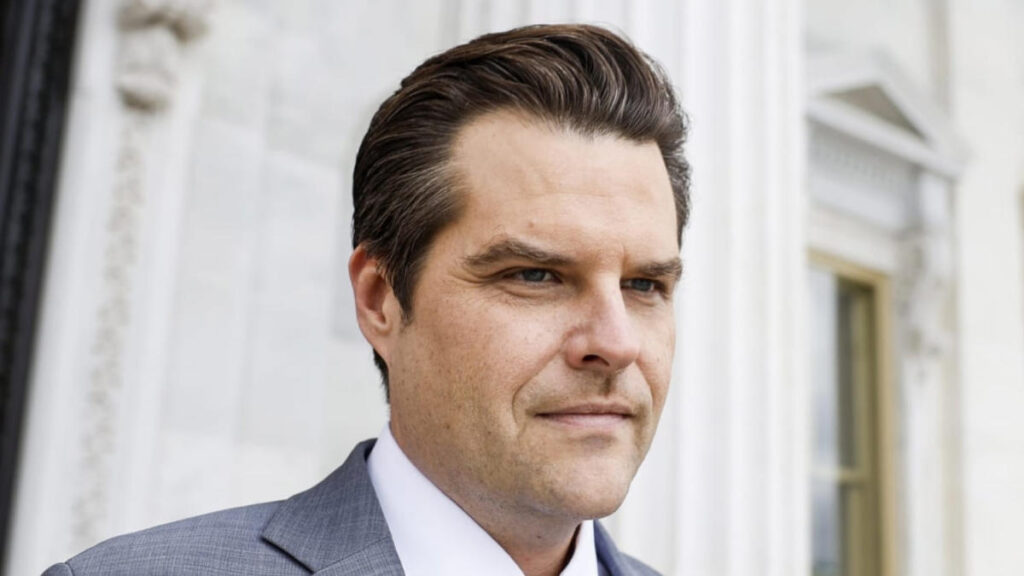The Washington Post has reported that the House Ethics Committee is scheduled to meet on Friday with a confidential agenda that many believe pertains to an ongoing investigation into former Florida Representative Matt Gaetz. Gaetz, who also served as a prominent attorney for former President Donald Trump, has been under scrutiny following allegations of various ethical violations, including serious criminal matters. The committee’s meeting has sparked considerable speculation among lawmakers and observers on Capitol Hill, as the outcome could have significant implications for Gaetz and his political future.
NBC News correspondent Julie Tsirkin provided insight into the atmosphere in Washington regarding the investigation, highlighting the tension surrounding Gaetz’s situation. Many lawmakers are concerned about the potential consequences of the investigation on party dynamics and legislative priorities. Tsirkin pointed out that this scandal presents a difficult challenge for House Speaker Mike Johnson, as he navigates the political landscape amid his leadership challenges. The investigation into Gaetz is particularly sensitive due to his high-profile and controversial status within the Republican Party.
Washington Post reporter Marianna Sotomayor added that the House Ethics Committee typically keeps its proceedings confidential, which adds an air of uncertainty and speculation regarding their findings. She noted that any developments in this investigation could significantly impact Gaetz’s legacy and how he is perceived within the party. The implications might extend beyond him, affecting other GOP members who may find themselves in vulnerable positions at a time when the party is trying to consolidate power and present a unified front.
Michael Hardaway, former spokesman for House Minority Leader Hakeem Jeffries, also weighed in on the matter, emphasizing the importance of leadership during such tumultuous times. Hardaway remarked that Speaker Johnson’s handling of Gaetz’s investigation and its fallout could redefine his leadership style and approach. The political ramifications of such high-stakes investigations cannot be understated, and Johnson’s responses may influence future relationships among party members and the broader public perception of the GOP.
As the investigation progresses, it is clear that the House Ethics Committee’s findings could provoke significant debates within the Republican Party. Members may find themselves divided on whether to distance themselves from Gaetz or to rally around him in a show of support. The outcome of this meeting and the ongoing inquiry into his actions may serve as a litmus test for party unity and the repercussions of maintaining ties with controversial figures within their ranks.
In conclusion, the meeting of the House Ethics Committee regarding Matt Gaetz represents a crucial moment not only for the former Rep. but also for the Republican Party as a whole. As the situation unfolds, the choices made by leadership, their alignment with Gaetz, and the subsequent reactions from party members will likely have lasting effects on legislative agendas and the party’s public image. The actions taken by the committee can act as a reflection of how the landscape of American politics is evolving, particularly in the context of accountability and ethical standards among elected officials.

